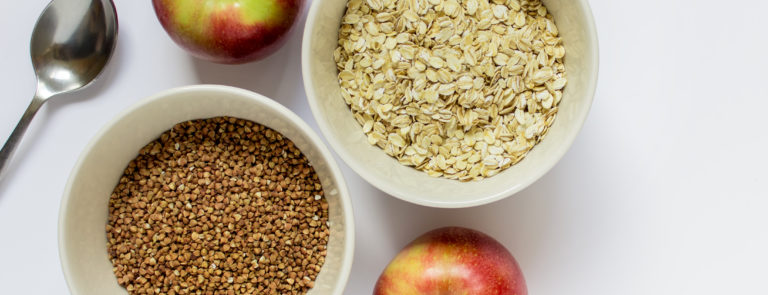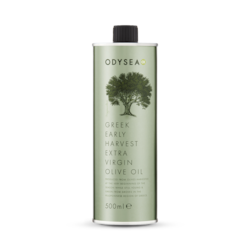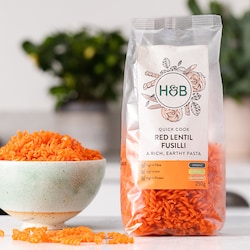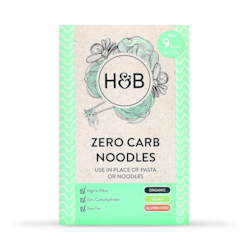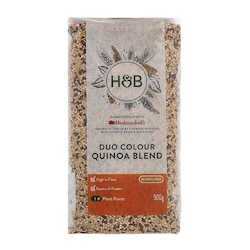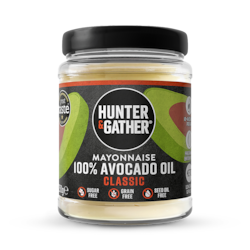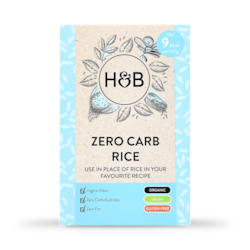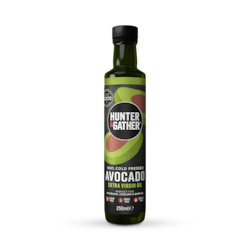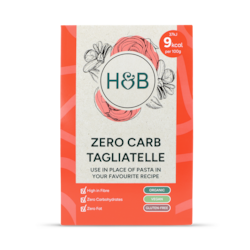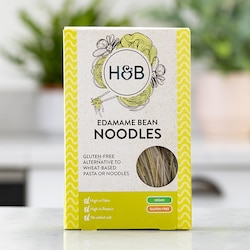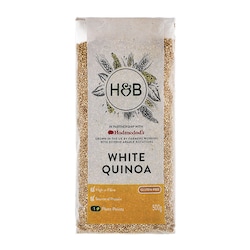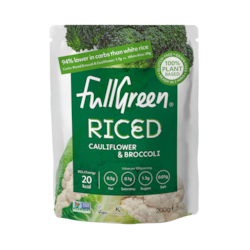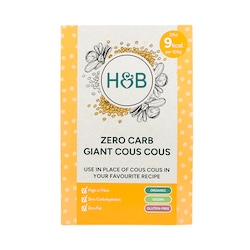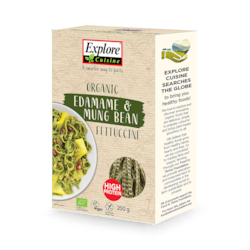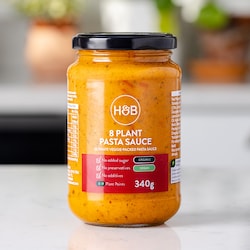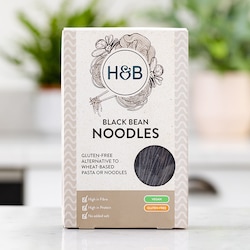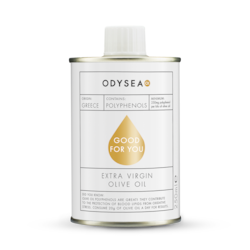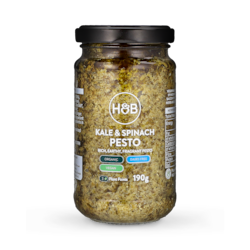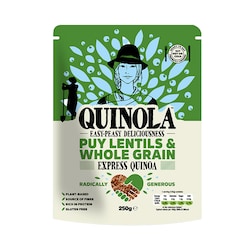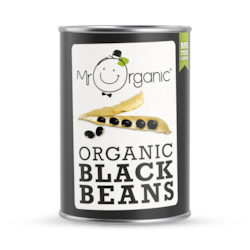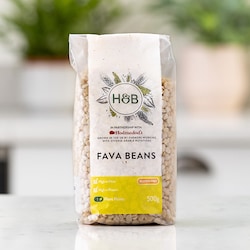It has long been said that breakfast is the most important meal of the day.
But if that meal contains chocolate covered cereal or a plate of fatty sausages, then there is a fair chance that this meal is not doing us as much good as we were hoping!
Which might then leads us to switch to healthier choices, such as fruit and yoghurt, in the pursuit of a nutritious start to the day.
But even that can lead to the sensation of a rumbling tummy by mid-morning, leaving us reaching for the snacks to fend off the empty feeling!
So what is the best breakfast, which will fill us up without counting the cost of the calories, especially if it is a breakfast for the whole family?
The answer lies in either buckwheat or oatmeal…
The healthiest - and filling - breakfast?
One way to kick-start your morning is through some form of porridge, which releases energy throughout the day and keeps you feeling fuller for longer.
This might seem like a simple solution, but not if you are gluten-intolerant and struggle to consume many of the grains associated with breakfast.
Grains such as wheat and barley are found in almost every type of cereal and porridge, which can lead to feelings of bloating and discomfort, instead of warmth and satisfaction.
That is where alternatives such as oatmeal and buckwheat have come to prominence as a healthy and delicious way to start the day.
What is oatmeal?
Oatmeal is essentially just oats which have been cooked in water, and therefore form a good foundation for a healthy breakfast.
Oats do not naturally contain gluten, but if you do suffer from a gluten intolerance or celiac disease then you should be careful, as some oats could be subject to cross-contamination in the production process with items that do contain gluten.
It is therefore always important to check the label and see if the oats you are buying are completely gluten free.
If you are making oatmeal in an attempt to be healthier, then remember that shortcuts do not always pay off, as many packs of flavoured oatmeal often have added sugar.
You should also remember that what you add to the oatmeal at home, such as sweeteners, syrup or milk could also have a significant impact on the overall calorie count.
Is buckwheat better for you?
Buckwheat is now coming to the fore as one of the healthier gluten-free grains due to its low glycemic index and the inclusion of all eight essential amino acids.
It contains more protein than rice, wheat, millet or corn as well as phytonutrients and chiro-inositol.
Buckwheat also has a low-fat content and more vitamins and minerals, especially zinc, copper and manganese, than other grains.
1
Many of these grains do contain fibre, but it is largely insoluble, whilst the fibre found in buckwheat is the soluble type and is therefore more easily absorbed by the body.
The versatility of buckwheat
Buckwheat has become popular as it grows quickly, with little need for pesticides, but it is also incredibly versatile and can be put to many different uses.
Roasted buckwheat, or kasha, is one popular choice as it has an earthier, nuttier flavour. It can be ground into flour to make noodles or crepes or soaked and simmered to make a cereal or porridge.
Buckwheat can also be ground into flakes, which can be used as a direct substitute for oats. The fact that it is so versatile makes it something that can be used more widely than oats and can often be an easier substitution.
Buckwheat contains more fibre, potassium, vitamins and less saturated fat than oatmeal
When deciding what type of grain you should choose, it is important to remember that buckwheat has more fibre, potassium and vitamin B2 and B3 and less saturated fat than oatmeal.
2
This healthy carbohydrate source may help reduce bad cholesterol, and despite being naturally gluten-free, it is also beautifully filling.
Buckwheat is easy to cook with and substitutes many of the traditional grains in a straight-forward way, making it something that will suit the whole family.
Making any major changes to your diet requires careful consideration, and it should be done steadily and carefully.
If you have any special dietary requirements, then you should discuss any changes with your doctor or dietician to make sure they can be made safely and that you get the full benefit of any alterations.
Shop Food & Drink
Last updated: 11 December 2020
Sources
1
https://www.oprah.com/health/buckwheat-dr-perricones-no-5-superfood/all
2
https://kale.world/buckwheat-vs-oats/